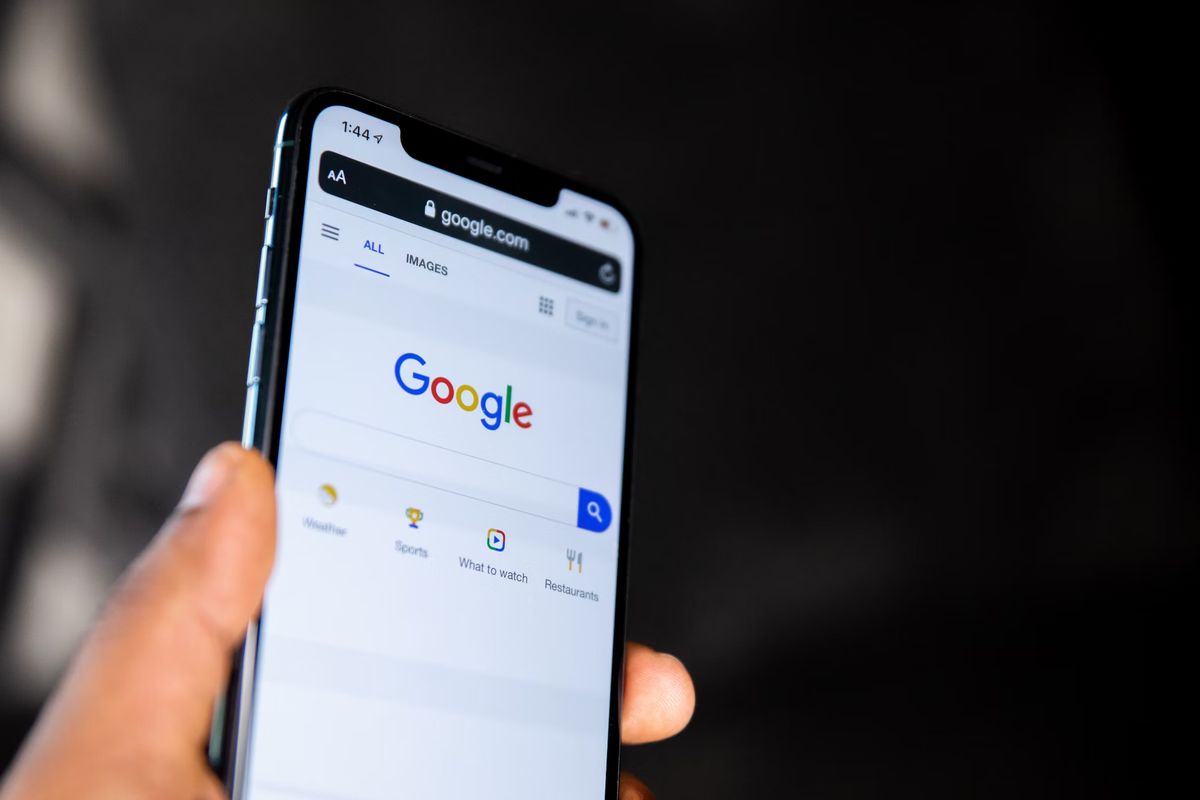Google's search engine dominance challenged by Microsoft

Alphabet, the parent company of Google, is reportedly at risk of losing a valuable search engine contract to Microsoft, as reported by the New York Times. This development has led to a decline in Alphabet's share prices. The contract, estimated to be worth $3 billion annually, is up for grabs and could potentially be awarded to Microsoft's Bing search engine. The reason behind this is that Samsung is contemplating a shift from Google to Bing as the default search engine on its devices.
While the contract only accounts for slightly over 1% of Alphabet's yearly revenue, it underscores the continuous rivalry between the two tech powerhouses and may signify a waning of Google's search engine supremacy. According to the report, there is a sense of "panic" among Alphabet employees due to the possibility of losing the Samsung contract.
As a result of the news, Alphabet's shares experienced a sharp drop of up to 4.1% during early trading on Monday, leading to a loss of $57 billion in market capitalization. On the other hand, Microsoft's shares saw a rise of 1.6%. This is consistent with a trend of Microsoft outperforming Alphabet's stock, with Microsoft's shares having increased by 21% since the November launch of ChatGPT, an OpenAI chatbot integrated into Bing, while Alphabet's shares have only gone up by 10% over the same period.
According to analysts at Goldman Sachs, Microsoft currently has an advantageous position in the realm of artificial intelligence and is displaying a "renewed vigor" in the search market. Microsoft's integration of ChatGPT into Bing and its Edge web browser has been viewed as a smart maneuver, while Google's Bard chatbot has received a less enthusiastic reception.
Microsoft invests heavily on ChatGPT
In addition to its successful integration of ChatGPT, Microsoft has made a substantial investment in OpenAI, reportedly putting $10 billion into the company and acquiring a 49% stake. This move has provided Microsoft with an edge in the generative AI field, and some experts speculate that Microsoft could surpass its competitors in this area. Samsung is a key player in the smartphone industry, representing around 20% of global smartphone users. Should Samsung choose to switch to Bing as its default search engine, it would deal a considerable blow to Google's market share.
In this high-stakes game of tech rivalry, the potential loss of the Samsung contract to Microsoft serves as a stark reminder of the importance of maintaining a competitive edge in the ever-evolving technology landscape.
With the growing trend towards incorporating AI and machine learning technologies in search engines, Microsoft may gain a leg up over Google, who has long been the dominant player in this field. Nonetheless, only time will tell whether Microsoft can maintain its current advantage and whether Google has what it takes to make a comeback. As these two tech titans continue to duke it out, it is crucial for consumers and businesses alike to keep a watchful eye on the rapidly changing search engine landscape to stay ahead of the curve.
Advertisement